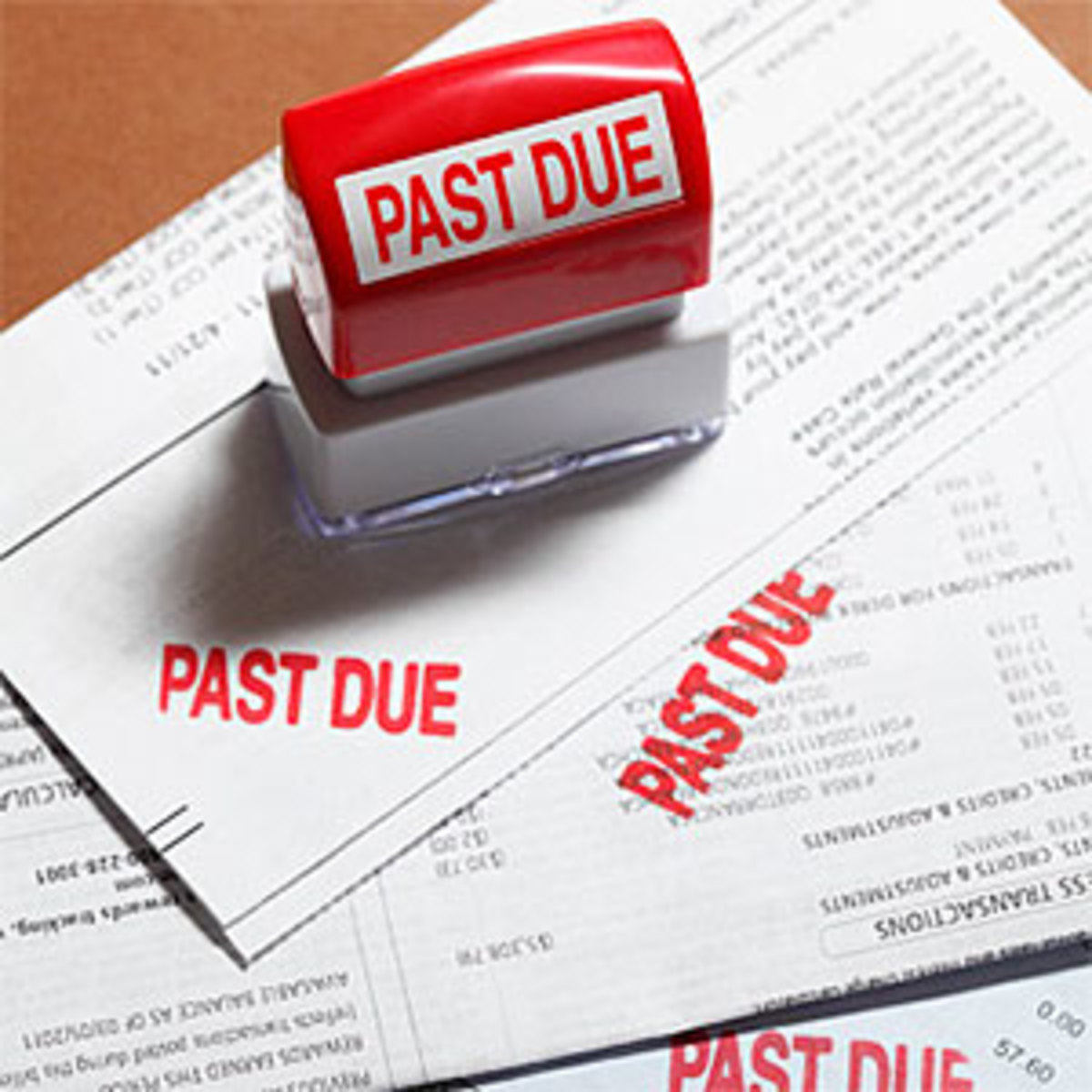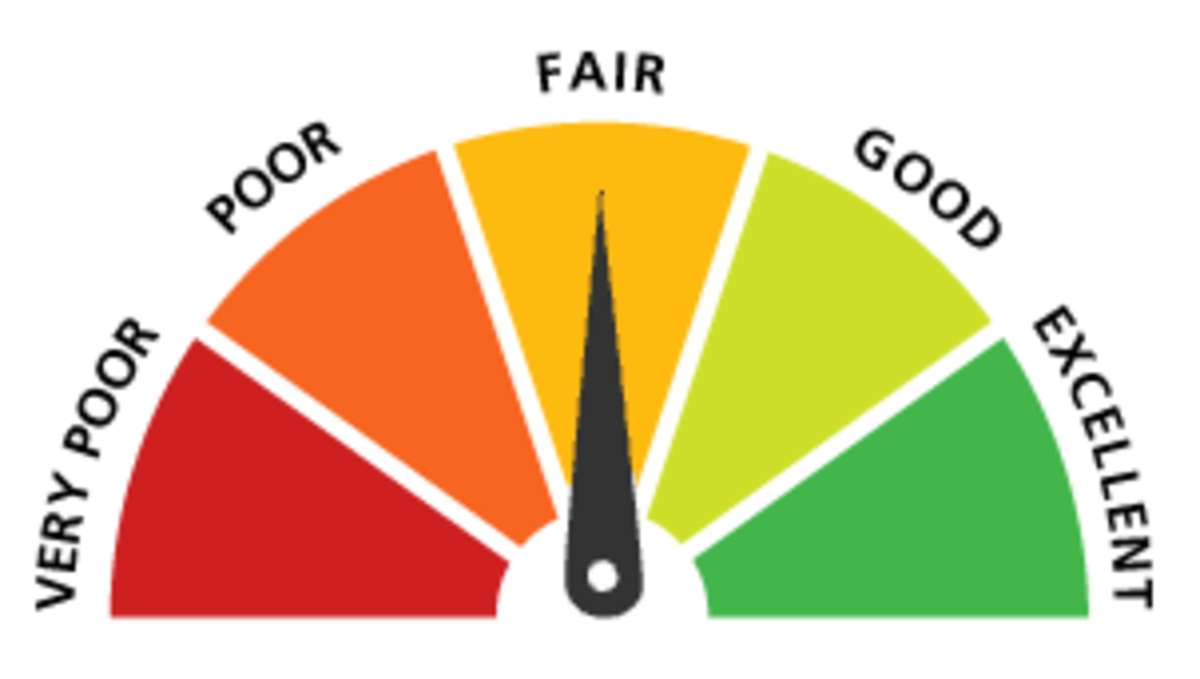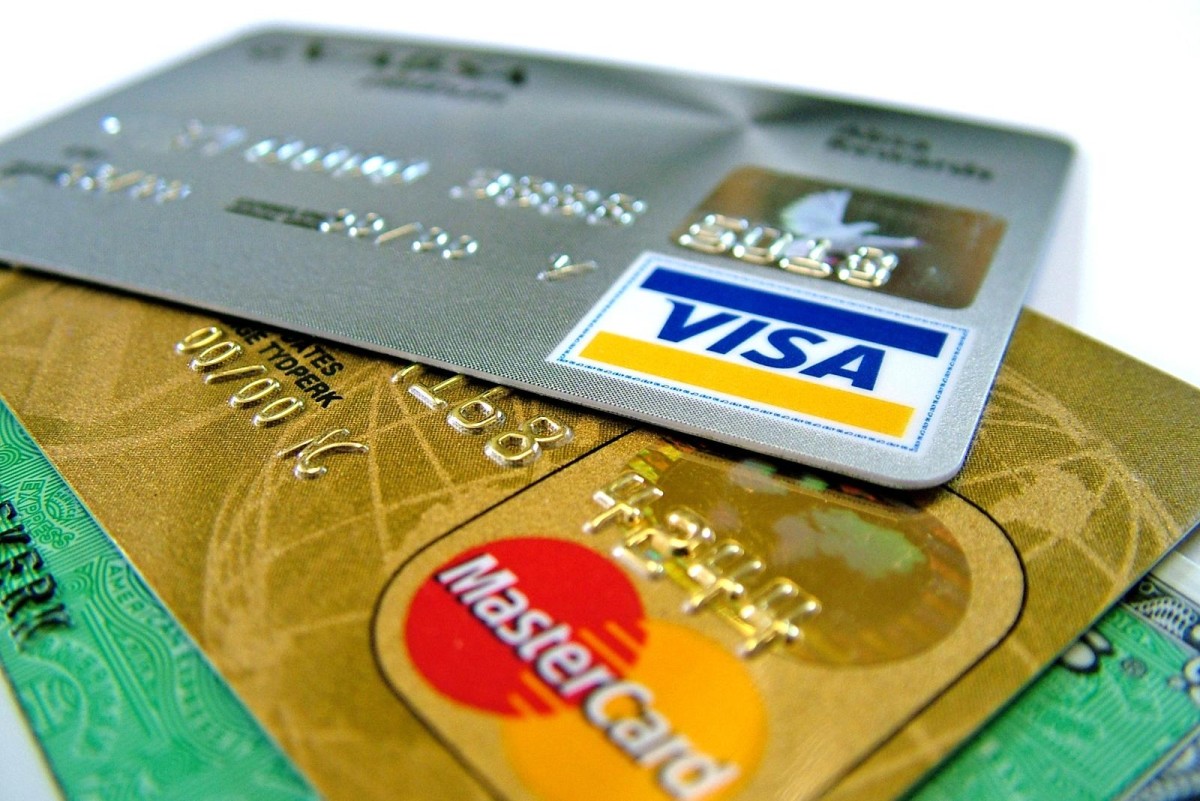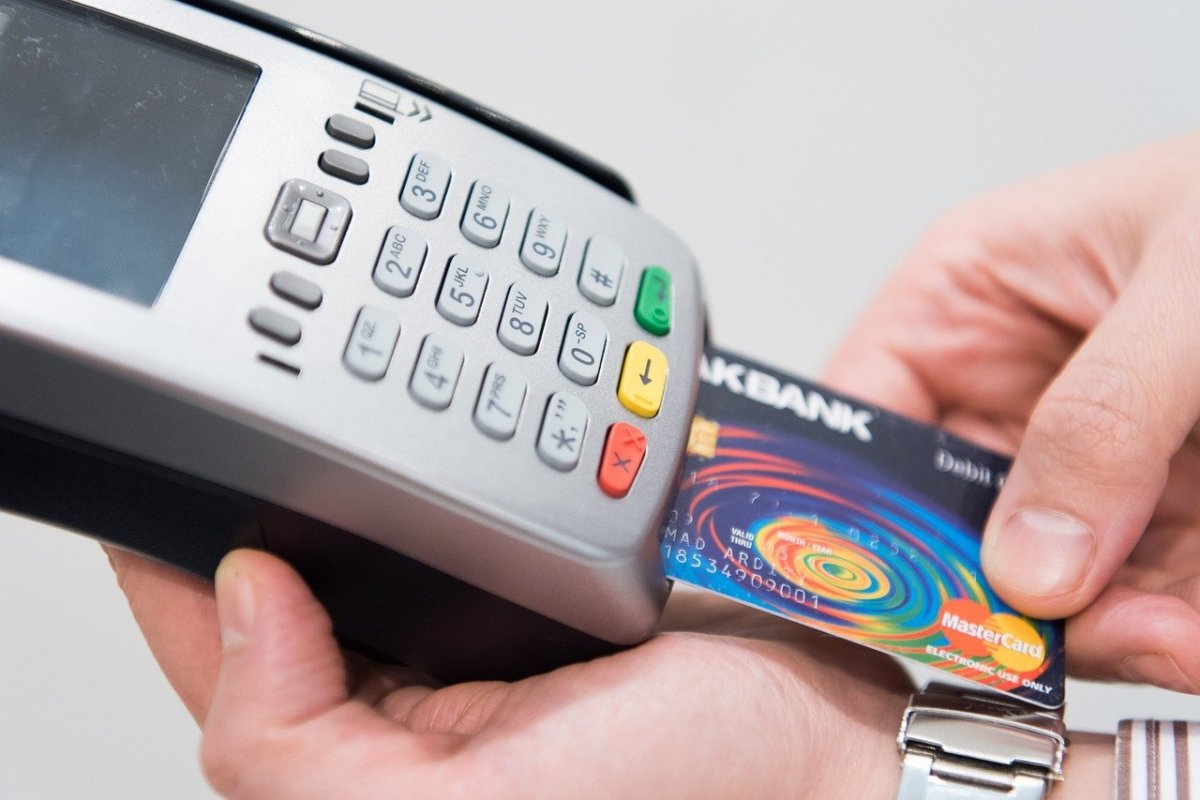Improving Your Credit Report
Everyday people need to do financial transactions to live a normal life in this country. They need to buy cars, houses, education, and other big-ticket items that are difficult to pay upfront. That is why there is an industry of credit: several companies that specialize in helping normal Americans that are not millionaires to purchase items that cost thousands of dollars.
Since you will need to take advantage of credit sooner or latter in your life, it is very important that you keep good care of you financial credit. Among the most important issues for your financial future is you credit rating, also called the credit score.
Why you need good credit?
If you need to buy a house, for example, you have to go to a lending company (normally a bank, or other financial institution specialized in lending money). When you get the money, the banks will require you to pay some interest -- after all that is their advantage in this transaction.
However, the amount of interest will depend on the risk of default in the transaction. The higher the risk, the higher the interest rates, since companies will need to recover some of the losses they might have.
Now, it is your job, as a customer, to show that you are capable of paying the debt back and therefore get the minimum amount of interest rates. Unless you are a millionaire, the only way to show this is through your credit history, maintained by companies such as Equifax. You have to show that you are a dependable person that always pays your debts on time.
This is, therefore, the first step in getting good interest rates for your financial projects: showing that you are capable of paying the loan, which ultimately will be reflected by your credit history.
What is your credit score?
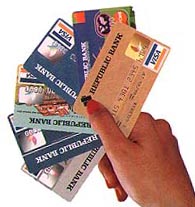
The credit score is a number that is used by the credit industry to determine the quality of your credit. A smaller number means that they don't know what type of person you are, or maybe you did some bad thing during your credit history.
A high credit score number means that you are known to be a reliable person, paying all your debt, and managing very well your credit life. With a high credit score you will be able to find the best deal in loans for you new house, car, university, etc. And in turn, this means that your life will be much better!
Things that can damage your credit
Of course, to have a good credit score you must build it over time. One example is paying your debts on time. This is a good indication that you care about any loans that you took, and that you are responsibly paying them.
If you have a history of paying late fees for you loans, even if you pay them at the end, this is a bad sign, because it means that you have a higher risk of forgetting to pay and eventually defaulting in your payments.
Thus, paying debts on time is very important to keep a good reputation.
How to find what is your credit score
There at least three companies that provide credit information for businesses in America. These companies keep a detailed record of all financial operation you do in your life, such as what credit cards you have, where you live, which loans you have applied for, etc.
This information used to be bought from individual companies, and sold only for interested parties, such as banks, credit card companies, etc. Nowadays, however, thanks to a new legislation, everyone can have access to their personal records. You can even get much of this information for free.
The three companies that do this in the US are called Equifax, Experian and TransUnion. You can go to their web sites and get much of you information for free, once per year. The only thing that you will not get for free is the final score that have been assigned to you. This is the credit score, and is normally sold by these companies. Although you have to spend a few dollars, it is nice to get you credit score from time to time, so you can gauge how are you progressing in building your credit score.
Another advantage of collecting your information from these agencies is that this can help you fight against identity theft. If you notice some information in those records that do not correspond to you, you can contact the authorities and try to avoid the consequences of identity theft in your financial life.
What can you do to improve your credit?
There are several things that can improve your credit, and many of them are very easy to do. I will list some of the simplest ones
Make debts! That is exactly what you read. If you want to have good credit, you must have some debt to show that you can pay them. Some people never bought anything on credit, and then get surprised that they don't have good credit! The reality is that they never exercised their role as credit takers, so nobody knows if they are really good payers, of if they indeed don't have the necessary conditions to take any loans.
Thus, to build a good credit history you need to go ahead and pay for some of your expenses with credit. If you don't like to pay interest rates unnecessarily, you don't need to. You can, for example, use a credit card to pay for your groceries, and them pay the full amount of the credit card each month. This is the easiest way to use credit without paying any extra interest.
Shop for good credit cards: Credit cards may be a big problem if you don't know how to use them, but they can also help you greatly in building you credit history. The secret is to get only good credit cards. By this, I mean, (1) find credit cards without an annual fee. Also, (2) get a credit card with very low interest rates. Nowadays, with all competition among credit card companies, you can find excellent deals, such as 0% interest credit cards, and credit cards with no annual fee.
Another good things about credit card is that they can even help you make money. There are nowadays some credit cards that give money back for all you shopping. It work like this: you pay your expenses with the card. But any company that accepts a credit card has to pay a fee to the credit card company. That company, in turn, can pass part of that income to you, so you can get anything between 1% and 5% back, depending on the type of product you are buying.
Avoid too much Debt
This may seem to contradict what I said above, but is also true. If you have too much debt (compared to your income), even if you pay it on time, this means that you have less room for more debt, and therefore your risk increases. You have to avoid this situation.
This means that you cannot be left in a situation when debt in unmanageable. Things that you have to look for are: never buy a house that you cannot afford (that is, the monthly payments are more than, say, 30% of your income).
Also, don't overspend on credit cards. Always make sure that your debt on each credit card is well bellow your limit, because otherwise this can be seen as a bad sign by credit companies.
Keeping you credit good
If you follow these simple ideas, your credit you eventually improve and you will get much better deals in loans. It is important that you keep taking care of you credit, because in our society this is an important measure of your financial life.

